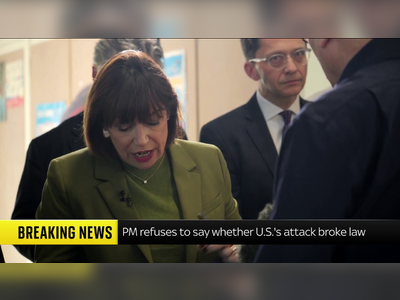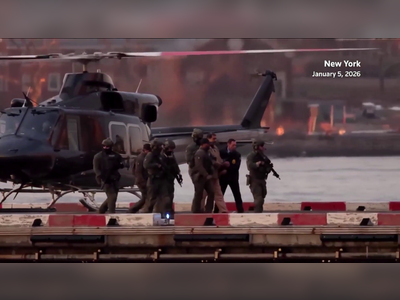US Supreme Court Overturns Obstruction Charges Against January 6 Rioters
The US Supreme Court determined that prosecutors overreached by charging January 6 rioters with obstruction for preventing the certification of the 2020 election. The case, which followed an appeal by former officer Joseph Fischer, was decided 6-3. This ruling affects other major cases, including those against Donald Trump.
On January 6, 2021, at least four individuals died as Donald Trump supporters violently occupied the US Capitol.
In a recent ruling, the US Supreme Court determined that prosecutors overreached by charging rioters with obstruction for trying to prevent the certification of the 2020 presidential election.
In a 6-3 decision, Chief Justice John Roberts stated that the law’s interpretation could unjustly criminalize a range of lawful activities, thus requiring a narrower focus.
This decision follows the appeal of former police officer Joseph Fischer, who participated in the Capitol riot.
Justices Ketanji Brown Jackson joined the court's conservative majority, while Amy Coney Barrett penned the dissenting opinion supported by Sonia Sotomayor and Elena Kagan.
The case now returns to a lower court to reassess Fischer's indictment.
Attorney General Merrick Garland noted that the majority of over 1,400 January 6 defendants would not be affected by this ruling.
The Sarbanes-Oxley Act, central to the case, previously imposed severe penalties for tampering with official documents.
This ruling may also affect Donald Trump, who faces related charges tied to efforts to overturn the 2020 election results.
In a recent ruling, the US Supreme Court determined that prosecutors overreached by charging rioters with obstruction for trying to prevent the certification of the 2020 presidential election.
In a 6-3 decision, Chief Justice John Roberts stated that the law’s interpretation could unjustly criminalize a range of lawful activities, thus requiring a narrower focus.
This decision follows the appeal of former police officer Joseph Fischer, who participated in the Capitol riot.
Justices Ketanji Brown Jackson joined the court's conservative majority, while Amy Coney Barrett penned the dissenting opinion supported by Sonia Sotomayor and Elena Kagan.
The case now returns to a lower court to reassess Fischer's indictment.
Attorney General Merrick Garland noted that the majority of over 1,400 January 6 defendants would not be affected by this ruling.
The Sarbanes-Oxley Act, central to the case, previously imposed severe penalties for tampering with official documents.
This ruling may also affect Donald Trump, who faces related charges tied to efforts to overturn the 2020 election results.











